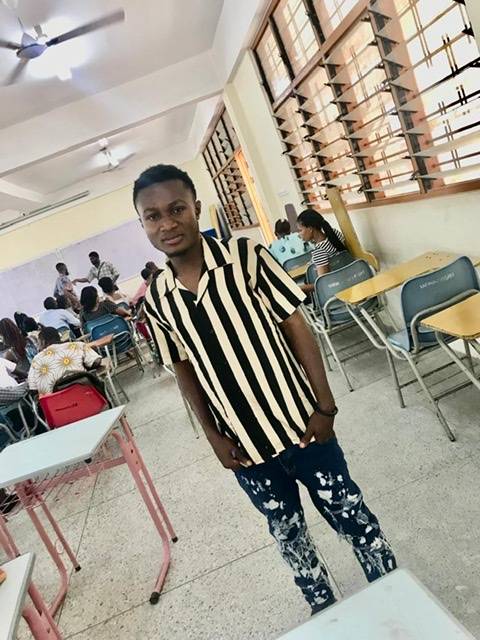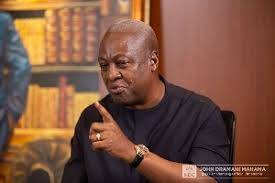# John Mahama: A Profile of Ghana's Former President
## Early Life and Education
John Dramani Mahama was born on November 29, 1958, in Bole, a town in the Northern Region of Ghana. He hails from the Gonja ethnic group and was raised in a family with a strong political background; his father, Emmanuel Adama Mahama, was a prominent politician and an influential figure in the Ghanaian political landscape.
Mahama attended the University of Ghana, where he earned a Bachelor’s degree in History. He furthered his studies at the Institute of Social Sciences in Moscow, Russia, where he obtained a Master's degree in Communication Studies. His educational background laid the foundation for his future roles in public service and politics.
## Political Career
Mahama's political career began in the 1990s when he became an advocate for the National Democratic Congress (NDC). He was first elected as a Member of Parliament for the Bole-Bamboi constituency in 1996. His rise within the NDC was swift, and he was appointed as the Deputy Minister of Communications in 1997.
In 2009, Mahama was appointed as Vice President of Ghana under President John Atta Mills. Following the untimely death of Mills in July 2012, Mahama was sworn in as President. His ascension marked a significant moment in Ghana's history, as he became the first former Vice President to assume the presidency in this manner.
## Presidency
John Mahama served as President from July 2012 until January 2017. His administration focused on several key areas:
### Economic Policies
Mahama's presidency was characterized by efforts to improve the economy, which faced challenges such as inflation and energy shortages. He implemented policies aimed at stabilizing the economy and promoting growth, including investments in infrastructure and energy production.
### Education and Health
Under Mahama's leadership, the government launched the Free Senior High School policy, aimed at making secondary education accessible to all Ghanaian students. His administration also focused on improving healthcare facilities and services, with initiatives to enhance maternal and child health.
### Foreign Relations
Mahama was active in promoting Ghana's position on the international stage. He advocated for regional stability in West Africa and was involved in peacekeeping missions across the continent. His government also prioritized trade relations with various countries, seeking to boost Ghana's economy through international partnerships.
## Post-Presidency
After losing the 2016 presidential election to Nana Akufo-Addo, Mahama remained active in public life. He has participated in various international forums and has been involved in promoting democracy and good governance in Africa. Mahama has also written extensively, sharing his insights on leadership and development.
In 2020, he returned to the political arena as the NDC's candidate in the presidential elections but was again defeated by Akufo-Addo. Despite the electoral setbacks, Mahama continues to be a significant figure in Ghanaian politics and is regarded as a respected elder statesman.
## Conclusion
John Mahama's legacy as a former President of Ghana is marked by his commitment to development and democratic governance. While his presidency faced challenges, his contributions to education, healthcare, and international relations are noteworthy. As he continues to engage with political and social issues, Mahama remains an influential voice in Ghana and beyond.




No comments yet
Be the first to share your thoughts!